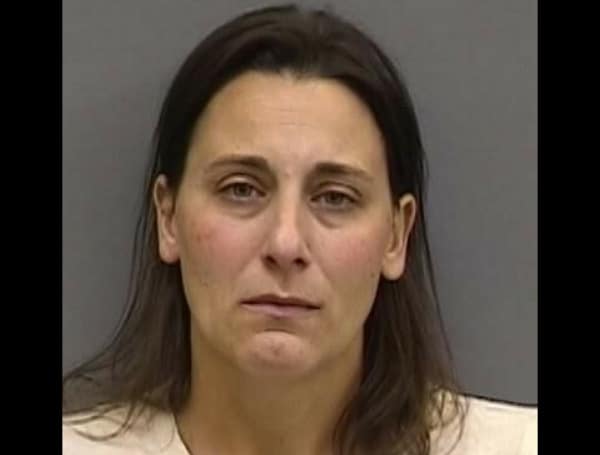

The SoS has no power to substitute different findings or conclusions on those matters.
#Takenote teacher misconduct solution professional
The SoS has no power to review findings by a PCP that there was no unacceptable professional conduct, or no conduct bringing the profession into disrepute, or no relevant conviction. If they conclude that they are not, that is the end of the case. The first tier, the PCP, is responsible for deciding whether or not relevant allegations against a teacher are proved. The statutory scheme splits the decision-making between two tiers.

In the instant case the SoS had erred in imposing a Prohibition Order against a “super head” with exceptional teaching abilities because she had failed to consider proportionality and the public interest for him to continue teaching. The latter was not bound by the PCP’s recommendation. It was for the PCP to determine whether the allegations were proved and, if so, to recommend a sanction, and for the SoS to take the ultimate sanction decision. In Wallace v SoS (2017) EWHC 109 (Admin) Holgate J examined the two-tier statutory scheme for dealing with misconduct by teachers. Where the SoS refuses an application to set aside, she must specify the period (being not less than a year) which must elapse before any further Regulation 16 application may be made. In the latter case the SoS must consider any recommendation made by the PCP before deciding whether to set aside the Prohibition Order. Under Regulation 16(4) the SoS must decide whether the application should be allowed, or instead referred to a PCP to consider whether to recommend that the application be allowed. Regulation 16 lays down the procedure to be followed where a teacher makes an application to set aside a Prohibition Order in accordance with its terms. Regulation 8 sets out the decision-making functions of the SoS. The general principle is that hearings must be held in public, save in specified circumstances. Regulation 9 entitles a teacher to appear at a hearing, to make oral representations and to be represented by any person. A PCP may not determine a case without a hearing, unless the teacher concerned makes a written request that no hearing be held. Regulation 7 provides for the role of a PCP. Under Regulation 6, where the SoS considers that a case should be considered by a Professional Conduct Panel (“PCP”), she must appoint a PCP comprising at least three persons and including at least one or more teachers (or persons who have been teachers in the previous 5 years) and one or more other persons. Under paragraph 4(2) the Regulations may deal with the time at which a Prohibition Order is to take effect, allowing a person to apply to the SoS to set aside a Prohibition Order made against him, the minimum period for which an Order must be in effect before any such application may be made, and the procedure for making that application. Paragraph 2 of Schedule 11A requires the Regulations to make provision about the procedure to be followed by the SoS in reaching a decision under Section 141B(2). The relevant Regulations are the Teachers’ Disciplinary (England) Regulations 2012, SI 2012/560 (“the 2012 Regulations”). Paragraph 1 of Schedule 11A requires the SoS to make Regulations in accordance with the provisions of that Schedule. Section 141B relates to investigation of disciplinary cases by the Secretary of State (“the SoS”). The new scheme came into force on 1 April 2012. It did so by inserting Sections 141A to 141E and Schedule 11A into the Education Act 2002 (“the 2002 Act”).
#Takenote teacher misconduct solution code
Section 8 of that Act enacted a new statutory code for dealing with misconduct by teachers in England. The General Teaching Council for England was abolished by Section 7 of the Education Act 2011 (“the 2011 Act”). James Goudie QC looks at the reasons why. A High Court judge has overturned an indefinite teaching ban on a ‘superhead’ who channeled work to a company with which he was associated.


 0 kommentar(er)
0 kommentar(er)
